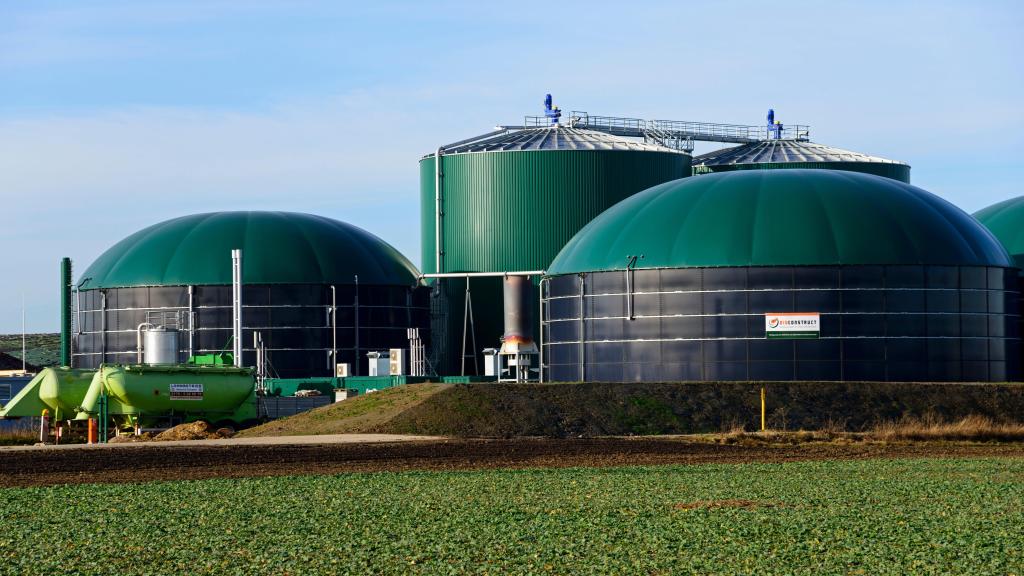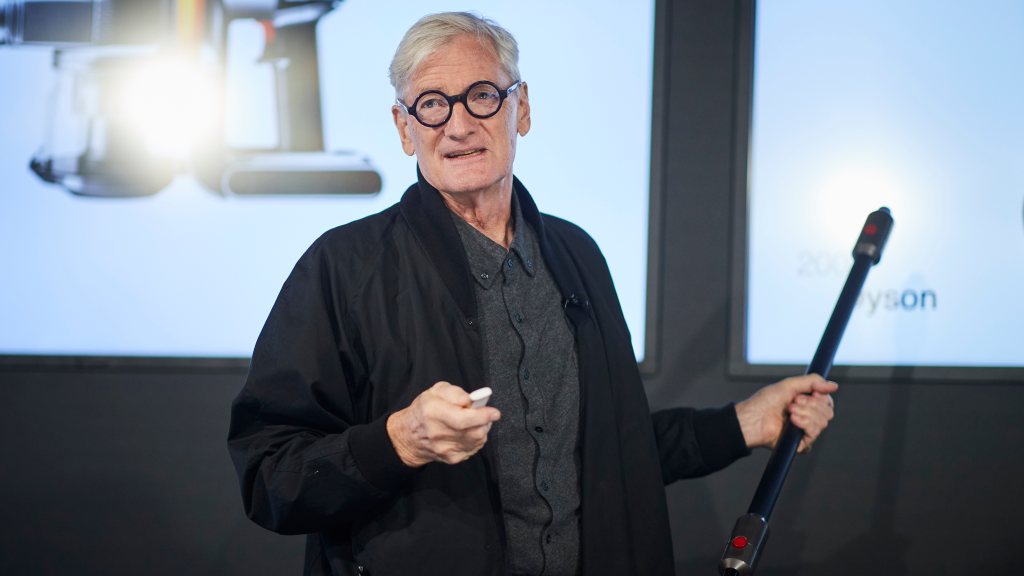UK Start-up Aims to Transform Food Waste into Renewable Energy
A Nottingham-based start-up is setting its sights on being the pioneering company to establish a network of facilities that convert food waste into renewable energy in urban areas across the UK. This initiative aims to provide an alternative fuel source for businesses and municipalities seeking to reduce their carbon emissions.
Dark Green plans to submit proposals for six biogas production plants, targeting locations such as Birmingham and Huddersfield, with an additional six facilities in development.
These innovative plants, generally found on agricultural sites, are designed to process up to 60,000 tonnes of organic waste annually. This effort is estimated to prevent the emission of carbon dioxide equivalent to taking 65,000 vehicles off the road and will generate approximately seven megawatts of energy, sufficient to supply around 6,000 homes.
This initiative is timely as a new mandate comes into effect in April, requiring all businesses in England with ten or more full-time employees to segregate their food waste from other refuse. Compliance will also apply to local councils and commercial waste management companies.
The proposed facilities will utilize a natural process known as anaerobic digestion, wherein organic materials are decomposed by bacteria to generate methane gas, which can be utilized for heating or electricity generation.
Charlie Clay, the CEO of Dark Green, emphasized the importance of providing a practical solution for councils and waste management authorities, stating, “Our goal is to offer a nearby anaerobic digestion option for waste disposal instead of sending it to landfill or composting it.”
The start-up anticipates commencing construction of the initial plants in 2026, with energy generation expected to start in 2027.
Dark Green is currently working on raising £175 million from institutional investors, which includes pension funds, venture capitalists, and private equity sources.
The company is also positioning itself to benefit from the green gas support scheme, which compensates producers for the renewable gas they contribute to the grid. This initiative is funded through the green gas levy imposed on all regulated fossil fuel gas providers.
Despite this support, Dark Green asserts that the facilities will be financially sustainable without subsidies. The company aims to establish 15-year agreements with industrial clients and local governments, ultimately intending to feed the biogas into the domestic energy network.
Clay noted, “We are able to forecast the gas prices over the next 15 years with a considerable degree of certainty,” asserting that the production cost of biogas will be lower than traditional sources.




Post Comment